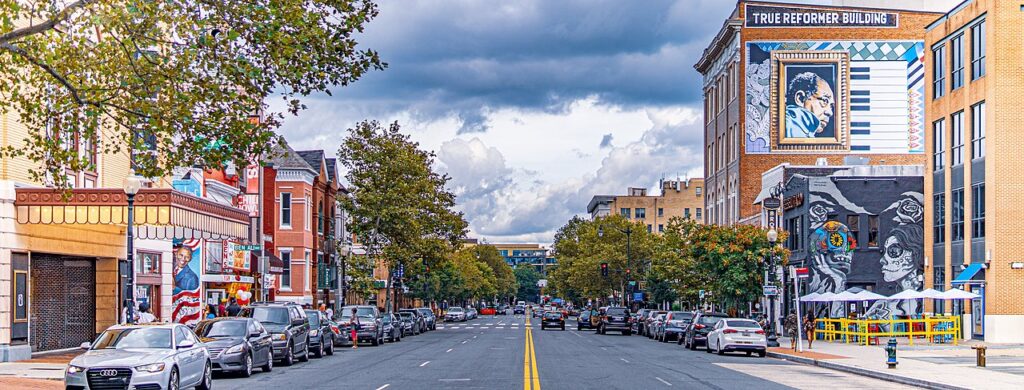In January 2025, Councilmember Nadeau introduced the Neighborhood Management Authority Act of 2025, legislation that creates a framework for safe and vibrant communities on a hyper-local level. A Neighborhood Management Authority established by this bill would provide enhancements to clean and safe programs, support businesses and cultural destinations, maintain public spaces, manage public assets, and would help coordinate D.C. government services for maximum efficiency. The legislation establishes two Neighborhood Management Authorities – one for the Greater U Street Corridor and one for Columbia Heights.
Download Frequently Asked Questions or read below.
What is a Neighborhood Management Authority?
A Neighborhood Management Authority (NMA) is a new structure for a quasi-governmental, community-run organization with dedicated funding and staffing to provide services that support and improve the neighborhood and to coordinate government agencies and other partners.
An NMA could: supplement DPW service to keep sidewalks clean of trash; maintain public spaces; provide additional public safety programs and outreach staff; coordinate social services for those in need; manage publicly-owned properties such as the Lincoln and Howard theaters; coordinate D.C. government services for maximum efficiency; market businesses and cultural destinations and attract new businesses; and promote community cohesiveness and pride.
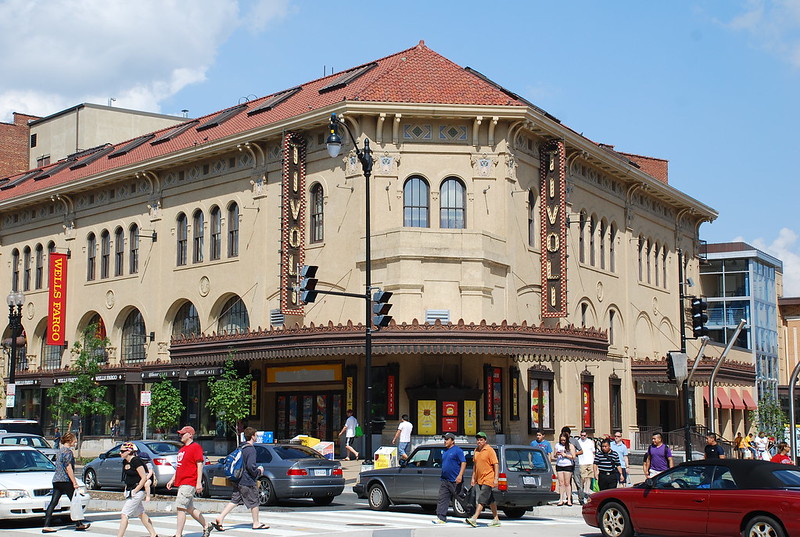
Where will the first NMAs be established?
The legislation would establish one NMA for Columbia Heights and another for the greater U Street corridor, (referred to as the Duke District, in reference to the Duke Plan that established the Uptown Arts District and in honor of D.C. native Duke Ellington). Future NMAs could be created elsewhere in the District using the same structure.
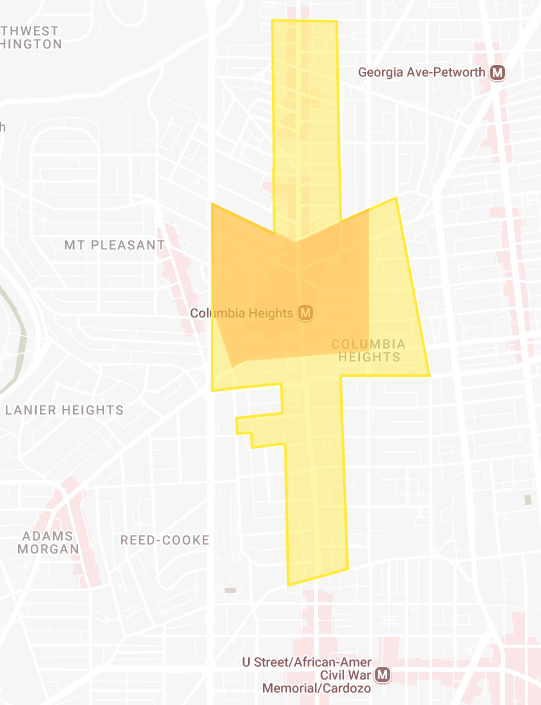
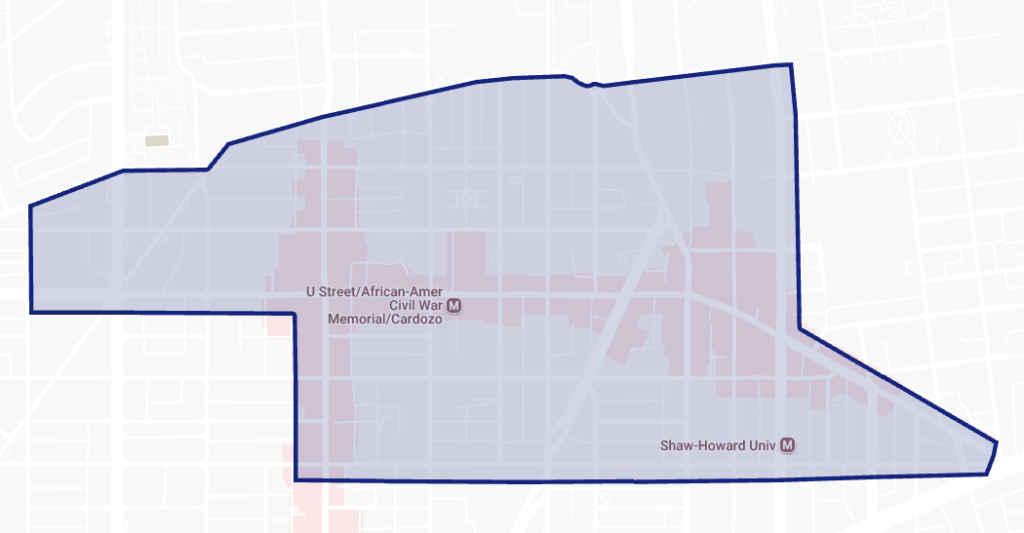
Why these neighborhoods?
Columbia Heights and the greater U Street corridor (“Duke District”) each need strong and consistent coordination of resources and public services such as cleaning public spaces, business promotion, and public safety coordination.
Columbia Heights has seen considerable growth and change, with services that haven’t kept pace. Public spaces like the Civic Plaza, now about 20 years old, are straining under the weight of community needs and have recurring issues with safety and maintenance. Columbia Heights has the highest pedestrian traffic in the city and continues to be a major retail hub, but needs a coordinated business support, promotion, and attraction strategy.
The Duke District has seen substantial private development and continued growth as a nightlife destination. This has led to serious safety concerns and an overall feeling of disorder shared by residents and business owners.
Both areas have thriving commercial corridors and cultural institutions that would benefit from increased support and coordination of services. Businesses, residents, and institutions would share in shaping the present and future of their own neighborhoods.
How does an NMA differ from a BID?
A Business Improvement District requires a large enough portion of property owners in an area to agree to tax themselves to fund and operate the BID; a BID board is almost entirely comprised of property owners – the people from whom the revenue is derived.
A Neighborhood Management Authority, can have more diverse revenue sources and broader neighborhood representation on the board—for example, ensuring geographic representation from throughout the neighborhood and dedicated representation for cultural institutions.
Property owners in Columbia Heights and in the vicinity of 14th and U streets have tried to create BIDs before but not enough property owners agreed to create one. An NMA does not rely on the sole discretion of property owners, or the need for a new property tax in order to be established.
In addition to cleanliness, safety, and business promotion, an NMA could manage publicly-owned assets–like the Lincoln and Howard theaters, Columbia Heights Civic Plaza, and the DC-USA parking garage–which BIDs cannot.
But this is not a competition!
The NMA provides a different structure that could be the right fit for some neighborhoods – especially where there are diverse interests and/or a lack of support or other structural barriers to forming a BID. The bill as introduced establishes a process for a BID (should one be established) to be incorporated into an established NMA rather than creating an overlapping or competing organization.
Can a BID operate in an area served by an NMA, and vice versa?
The bill as introduced leaves the option open for property owners to agree to an additional property tax assessment (akin to a BID tax); however, to avoid creating overlapping, redundant, or competing entities, that revenue would be incorporated as an additional funding source for the NMA, and the property owners subject to that tax would have commensurate representation on the NMA’s board of directors.
How are people chosen to serve on the NMA board?
An equal number of board members is appointed by the Council and by the Mayor (with confirmation by the Council). The Advisory Neighborhood Commission also appoints a member. Members serve a three-year term, which may be renewed once.
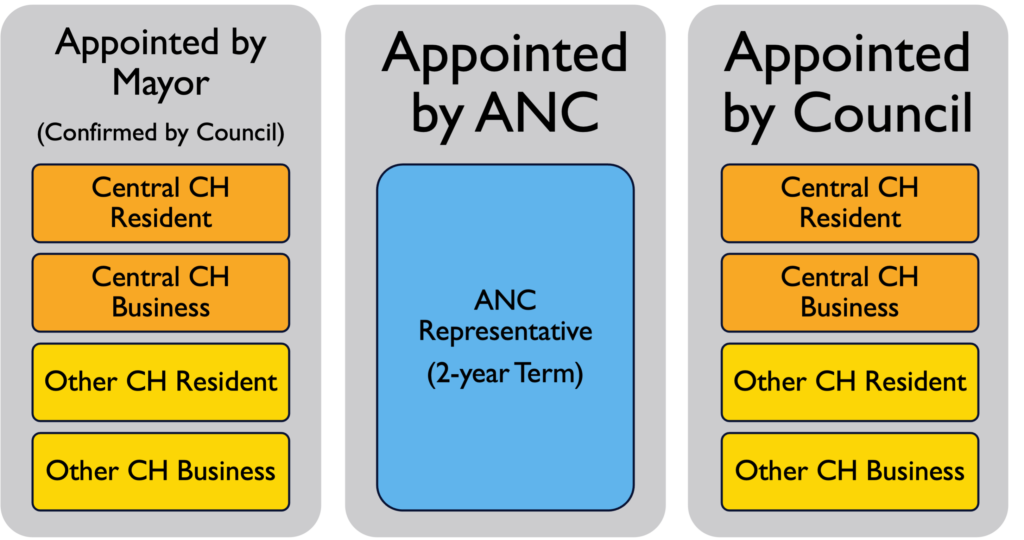
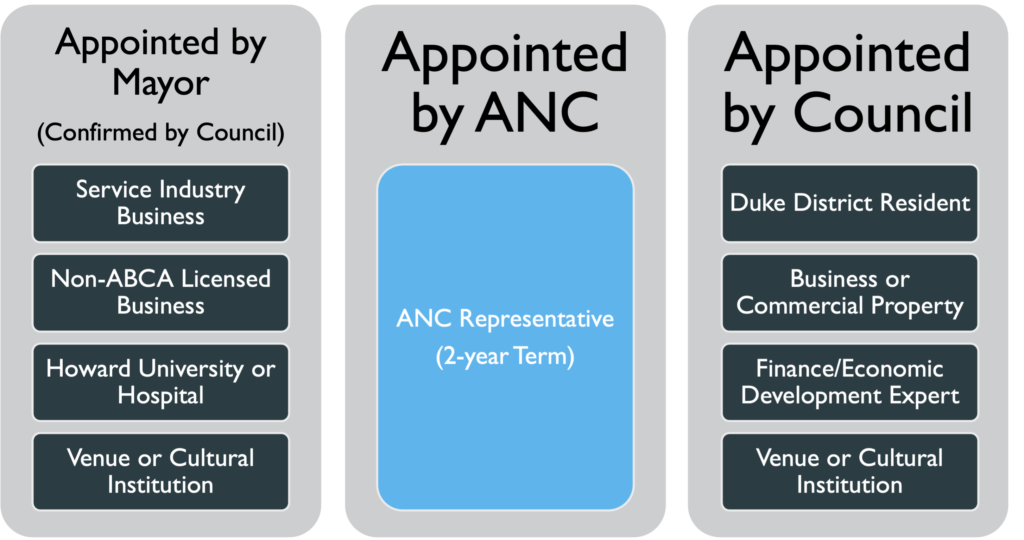
How is an NMA structured?
An NMA is a quasi-independent “instrumentality” of D.C. government. Similar to the DC Green Bank and Events DC, it has its own independent hiring and contracting authority, a dedicated “special purpose” fund within the District’s budget, with expenditures wholly managed by the NMA.
How is an NMA funded?
An NMA is permitted multiple sources of revenue and is not reliant on property taxes for funding.
As an example, the Greater U Street Performance Parking Zone went live at the end of 2024, and that new parking meter revenue will be reinvested back into the neighborhood. Columbia Heights had a performance parking zone of its own, which would be reestablished under this legislation.
Other possible funding sources include: a portion of new revenues from the deed and recordation tax, direct appropriations from the general fund, and grants and donations.
What next?
We will continue to engage with ANCs, businesses, residents, and institutions (let us know if you’d like us to present to your group).
The Committee on Business and Economic Development is expected to schedule a hearing and later vote on the legislation. It could be a while, especially as the Council will be consumed by the budget process from through July.
The bill will then go to the full Council for a vote.
